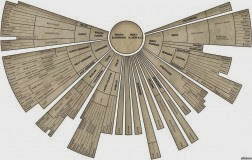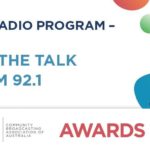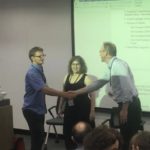Linguists have always been interested in reconstructing languages from long ago.
By looking at how languages are now, we can work backwards to see how they must have been in the past. But now computer scientists are creating a kind of linguistic time machine that can do the job of reconstruction automatically. How does it work?
Linguist Daniel Midgley steps into the temporal vortex on this episode of Talk the Talk.
Listen to this episode
You can listen to all the episodes of Talk the Talk by pasting this URL into your podlistener.
http://danielmidgley.com/talkthetalk/talk_classic.xmlLanguage reconstruction is one of the dark linguistic arts, but this time Ben and I are getting into it. It’s like going back in time, deciding what early languages must have been like by looking at what languages are like now. So first, we talk about how language reconstruction works, and then we look at a new project where people are getting computers to do the work.
I hate to say this, but as is so often the case in linguistics, big progress is being made by non-linguists — engineers and computer scientists! Linguists sometimes grump that the engineers aren’t familiar enough with the actual work of language reconstruction, but I love the idea of taking linguistic tasks and making them tractable for a computational treatment.
Even though this is kind of dense subject matter, I think we made it interesting. Thanks to Ben, of course.
Show notes
The press release
http://newscenter.berkeley.edu/2013/02/11/ancientlanguages/
Another couple of articles
http://www.bbc.co.uk/news/science-environment-21427896
http://www.nature.com/news/computer-program-roots-out-ancestors-of-modern-tongues-1.12407
and the actual paper.
http://www.pnas.org/content/early/2013/02/05/1204678110.full.pdf+html
Here’s where they got their data from: The Austronesian Basic Vocabulary Database. Have a look!
http://language.psy.auckland.ac.nz/austronesian/
Check out some reconstructed data from Proto-Indo-European
http://en.wikipedia.org/wiki/Indo-European_vocabulary
‘Tongue’ in English
http://www.etymonline.com/index.php?term=tongue&allowed_in_frame=0
Saussure’s ideas were verified by the discovery of Hittite.
http://en.wikipedia.org/wiki/Laryngeal_theory#Corroboration_by_Hittite_texts









